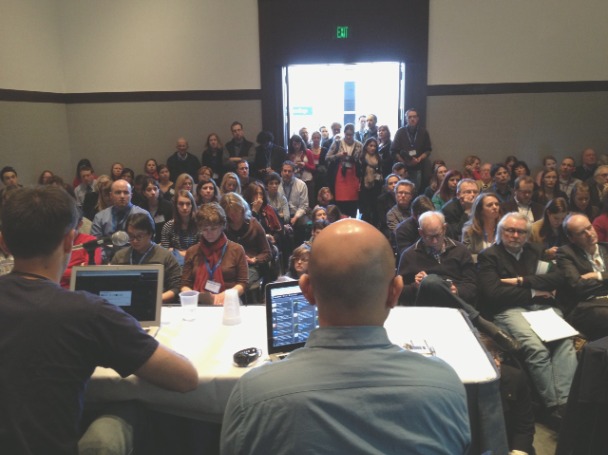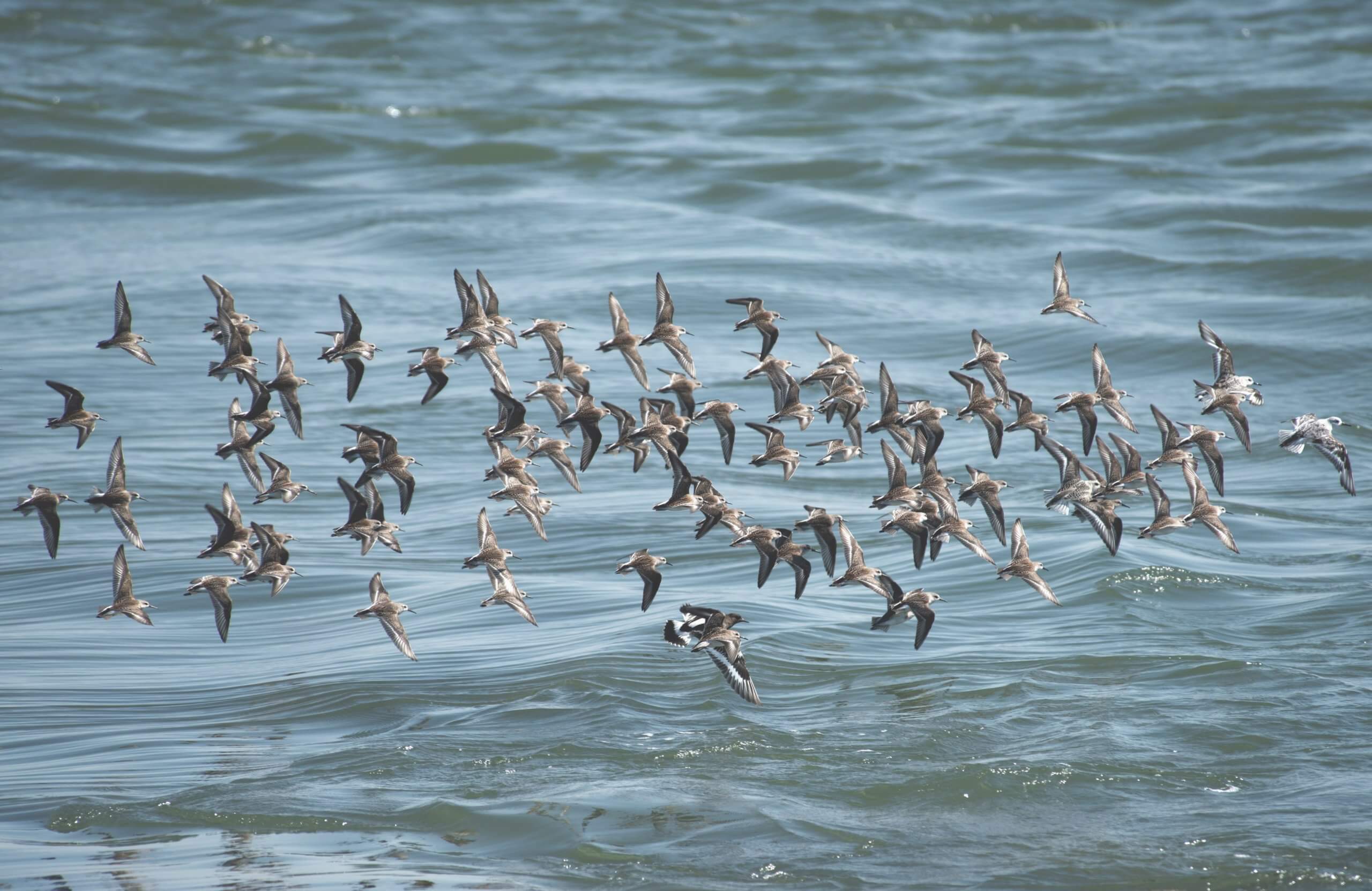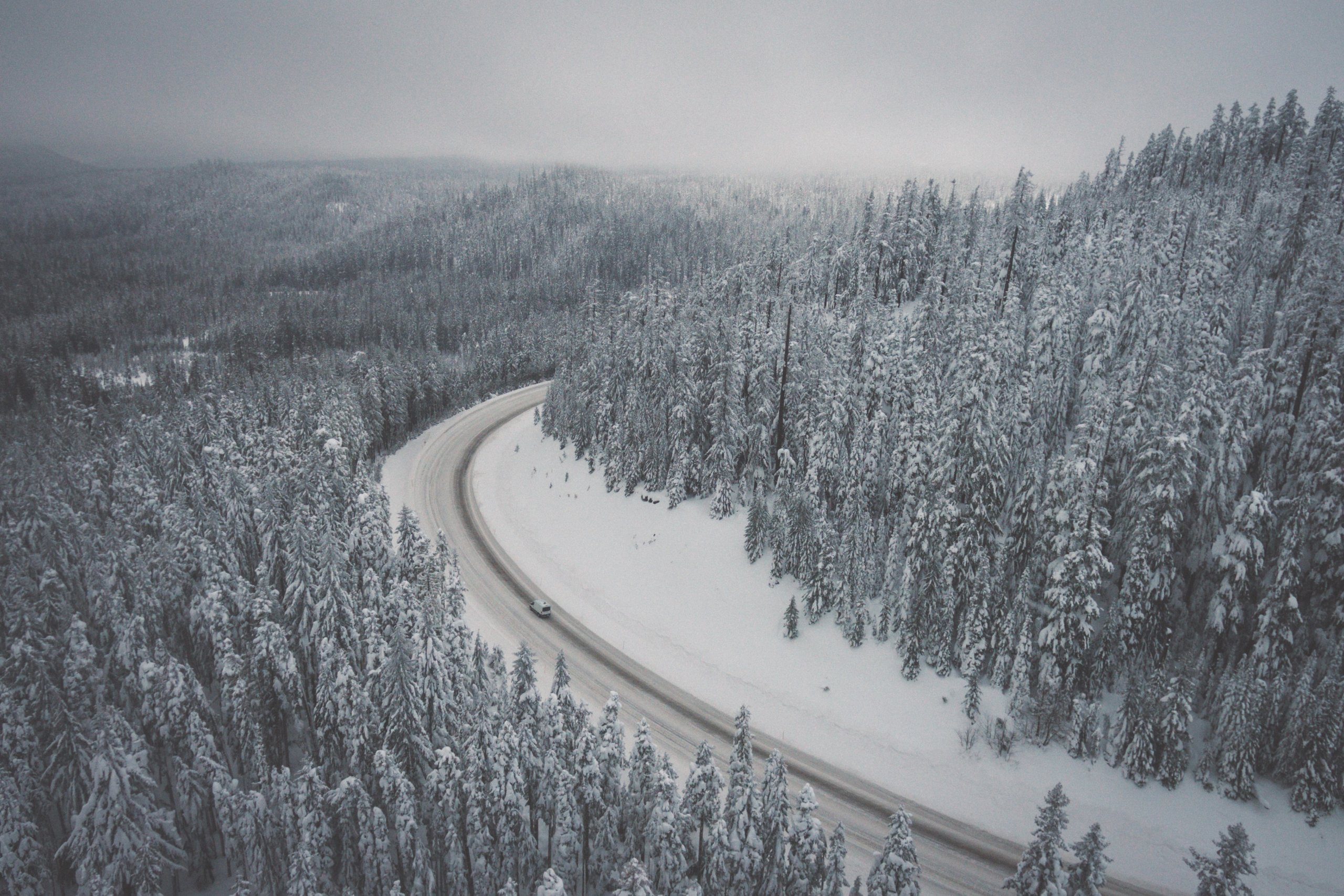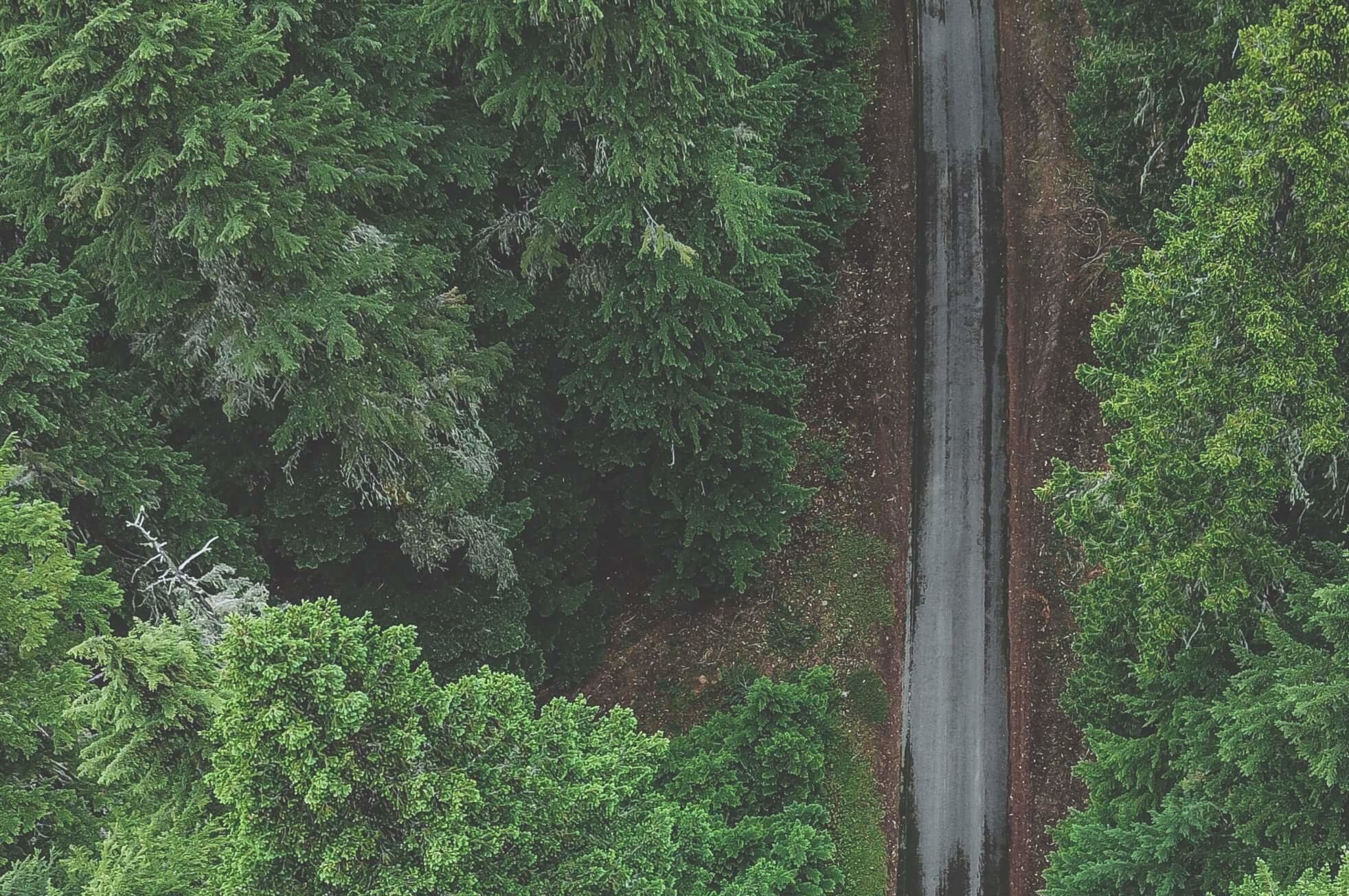At the 2012 AAAS Annual Meeting in Vancouver B.C., I attended the “Good Science, Good Communication: Talking to the Media and the Public“ session. I was uncomfortably squished between two attendees, but we were lucky to be on the inside. People were five rows deep in the hallway, shushing passersby, in desperate attempts to hear the speakers. (Overflowing rooms in science communication talks at the major conferences we attend seems to be the rule rather than the exception these days.) The discussion period opened with what felt like half the hands in the room shooting into the air, waving with urgency and enthusiasm. One of the few lucky enough to be called on made a powerful statement: “I know it’s hard to do this, to find the time or even the courage to communicate outside academia—but if there is one thing we can all do, it’s to be supportive of our peers that do choose to communicate, and choose to get out there.”
We agree.
We support you.
Effectively engaging outside of academia demands considerable time, commitment, and practice. For the past decade, COMPASS has worked to support scientists who are ready to make that investment. We know it’s scary. We also know that increasing numbers of you want to do it. And we know, for those of you already involved, that it is rewarding. It makes a difference.
Today, the COMPASS team published a paper in PLOS Biology called “Navigating the Rules of Scientific Engagement”. It traces our own arc of supporting scientists from ‘outreach’ (simply broadcasting a clear message) to meaningful, multi-directional engagement. Ultimately we believe that engaging outside academia is rewarding, but also that it should be rewarded.
Our experiences of working alongside many talented, brave, hardworking and generous scientists through the years inspired our article. We want others to hear these amazing stories too. What did it take to “get out there”? What was hard? What was easy? What are the lessons you’ve learned along the way? How did it help (or even hurt) you? What advice do you have for others considering making the leap?
This week, we are encouraging scientists who are sharing their science with broader audiences to now come back and share those experiences with their colleagues. We believe if we share our stories, give each other props, ask each other questions—we can move the needle. Want to see science communication rewarded, encouraged and taught at your institution? Then be part of the change. The antidote to criticism is support.
The ideas you’re sharing will join a sprawling discussion that transcends any single institution. Expect to see different voices sharing different perspectives in different formats. Hashtags are really handy for tracking these kinds of discussions, so we’re piggybacking onto the existing #reachingoutsci theme. (A hashtag is like a keyword, including it in tweets, text, and tags links a body of related ideas.) #reachingoutsci is an ongoing conversation of guest posts, twitter chats, and more, hosted by Nature’s SpotOn series. The scope of #reachingoutsci is broad, but over the past few weeks, the focus has been on case studies in social media for science communication. We hope this conversation will generate even more!) We will also simply be pointing you to the list of perspectives and contributions here, so revisit us over the next few days for the latest.
Most importantly, join this conversation. Those crowded rooms at AAAS and other conferences are not just because the speakers are drawing crowds, but because there is an appetite for dialogue around these issues. We see a trend—at meetings, in workshops, and online. More and more of you are jumping into the conversation about communicating your science.
We hope as many of you as possible will share your stories this week (and beyond!)—on your own blog, on your friends’ blogs, in comment threads, anywhere online that works for you. Help us and others find your story by including a “#reachingoutsci” somewhere. At the very least, like that passionate AAAS attendee pleaded, please show your support! Comment, react, respond, encourage, applaud – engage! We’ll see change.
—————————————————–
A #REACHINGOUTSCI BLOG CARNIVAL
We asked scientists we’ve worked with over the years to share their stories of engagement – not just the successes, but the hard lessons as well. Here are their stories:
• Dr. Don Boesch guest posts at Scientific American to tell the story of how one newspaper article changed the policy conversation about dead zones
• Dr. Alan Townsend reflects on the nature of hope in the face of disaster “In Search of Audacity” over at State Factors
• Dr. Jessica Hellmann had a realization one day while standing in the rain, and made some critical choices about how to invest her time
• Dr. Jim Cloern continues the theme of sustainably managing our most precious resource – time – on the AGU’s Plainspoken Scientist
• Dr. Simon Donner throws down some hard truths, exploring how to engage the public without disengaging from science at Maribo
• Dr. Dawn Wright recounts her decision to truly escape from the ivory tower after 15 years as a professor
• Dr. Isabelle Côté writes about her “mid-life opportunity” in her piece on how old(er) dogs can and should learn new tricks at SeaMonster
• Dr. Heather Leslie remembers her first challenging foray into local policy in her post on engaged scholarship
• Dr. Chris Buddle tackles the next big question: how should universities value and incentivize outreach at Arthropod Ecology
• Dr. Ryan Kelly tells the story of why he exchanged genes and tides for a suit and tie when he went to law school after his postdoc
• Dr. Max Moritz reminds us that translating research results for decision-makers is as challenging and important as the research itself
• Dr. Chris Darimont boldly explains, “Why I am OK being an (informed) advocate“
• Dr. Karen Lips courageously faces the question “What if there is no happy ending” in the final guest post at Scientific American
In other contributions
• Dr. Craig McClain responds with a call for critical examination of our motivations and approaches to outreach and a synthesis of the contributions to the blog carnival



